Gamefowl breeding is a revered tradition that combines art, science, and passion, requiring a deep understanding of genetics, nutrition, and animal behavior. This blog post aims to guide enthusiasts through the complexities of breeding high-caliber gamefowl, ensuring that each step taken contributes to the development of formidable and resilient fighters. Whether you’re a novice or an experienced breeder, these insights will help refine your breeding strategies and elevate the quality of your flock.
Understanding the Fundamentals of Gamefowl Genetics
At the heart of successful gamefowl breeding is a profound understanding of genetics. Knowing how traits are passed down from one generation to the next enables breeders to select the best roosters and hens for producing offspring with desirable characteristics such as strength, agility, and gameness. It involves meticulous selection and pairing, aiming to consolidate the traits that define a champion bird.
Key Steps in Gamefowl Breeding
- Selection of Brood Stock: The first step is to choose healthy, robust broodfowl with proven lineage. Look for birds that exhibit the physical and behavioral traits you wish to propagate. This includes evaluating their performance history, health, and overall vitality.
- Breeding Techniques: Employ various breeding techniques to achieve your desired outcomes. These can range from line breeding, which strengthens specific traits within a family line, to crossbreeding, which introduces new traits and enhances genetic diversity.
- Egg Handling and Incubation: Proper care of eggs is crucial for ensuring high hatch rates. This includes maintaining optimal temperature and humidity levels in the incubator, turning the eggs regularly, and monitoring development.
- Chick Rearing: The early stages of a chick’s life are critical for its future development. Provide a balanced diet, ample space for exercise, and a safe, clean environment. Early conditioning and exposure to different stimuli can also help in developing their instincts and resilience.
- Record Keeping: Meticulous records of breeding pairs, hatch dates, growth rates, and performance in training and matches are invaluable. This data aids in making informed breeding decisions in the future and tracking the success of your breeding program.
Breeding for Performance and Health
The ultimate goal of gamefowl breeding is not just to produce birds that excel in the cockpit but also to cultivate healthy, vigorous fowl that can withstand the rigors of training and competition. This means prioritizing genetic traits that contribute to both physical prowess and disease resistance.
Ethical Considerations
As gamefowl breeders, it’s essential to adhere to ethical breeding practices. This includes ensuring the welfare of all birds, providing them with adequate space, nutrition, and care, and engaging in responsible breeding that prioritizes the health and well-being of the fowl.
Conclusion
Gamefowl breeding is a complex, rewarding endeavor that demands patience, skill, and a deep respect for the birds. By focusing on genetics, health, and ethical practices, breeders can contribute to the rich tradition of gamefowl competition while ensuring the vitality and sustainability of their flocks. Whether you’re breeding for competition or the sheer love of the game, the journey of cultivating champion gamefowl is one of continuous learning and passion.


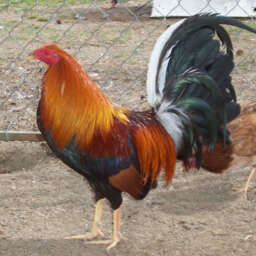
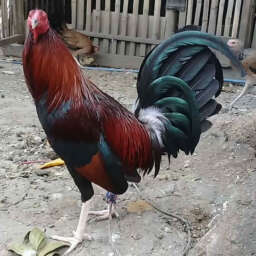
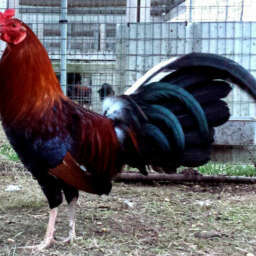
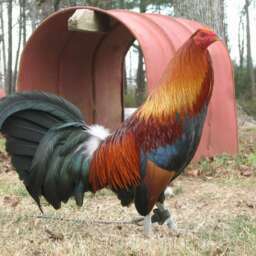
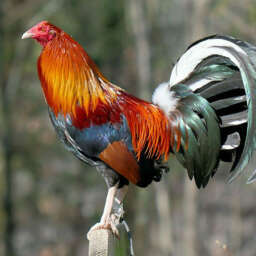

Write a comment!